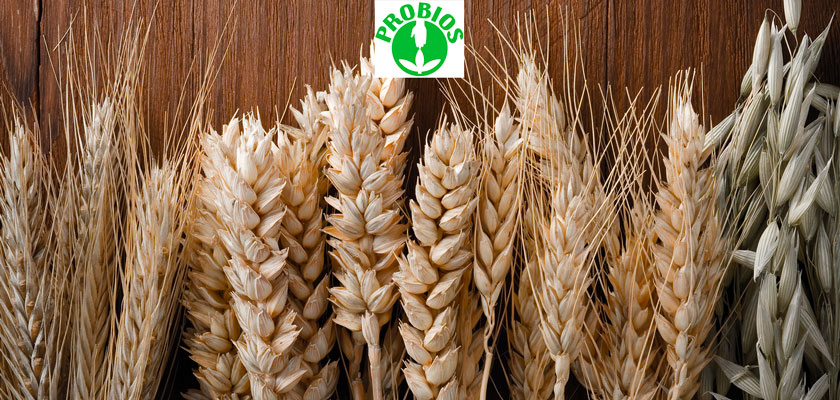
From commodity to specialty: that’s the step to take to enhance the Italian agriculture and take it out from the global dynamics of the market.
At least as much as needed not to suffer from the price fall, especially in a phase where wheat – both hard and soft – hasn’t been giving many satisfaction to the producers.
This means that we need to make space for the alternative production chains and to switch from the traditional cereals to the “pseudo cereals”, with exotic origins but widely requested on the market for their properties and their compatibility with the gluten free diet.
They’re ancient foods, originated in South America, especially grown in Peru, Bolivia and Ecuador. They’ve always been key elements in the diet of the Andeans, and today they’re considered “superfoods” thanks to their nutritional values.
That’s the reason why Probios decided to promote Italian cultivation, to push our agriculture and to offer products that are local and not only imported from far away cultivations.
While the experimentations with quinoa and amaranth in Tuscany are still progressing in collaboration with the Department of Agricultural and Environmental Productions Sciences (DISPAA) from the University of Florence, the Florence Savings Bank and the Regional Tuscan Lands, Probios has already reached an agreement with the Company Agri Daf in San Giorgio Piacentino, and since may 2016 it is able to offer gluten free Italian quinoa.
Expanding the cultivations all over Italy would bring important benefits, not only for economical reasons, but also from an agronomic, ethic and environmental point of view. A great opportunity for our country to be the spokesperson of a healthy agriculture, that respects the agronomic techniques and that offers an alternative to the mass industrial cultivations, through short production chains dedicated to production, semi-manufacturing and commercialization of this multi-millennial old seed.





